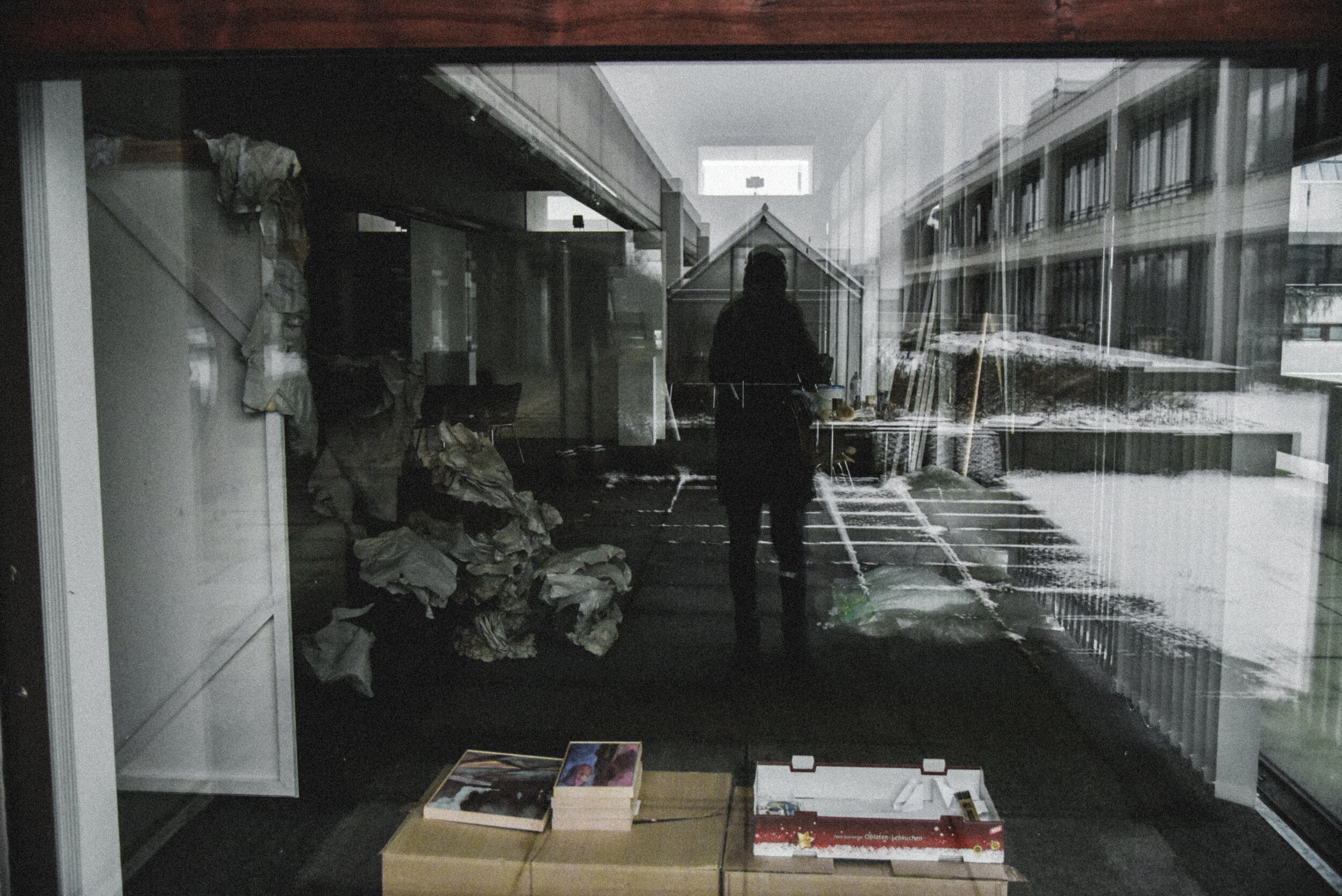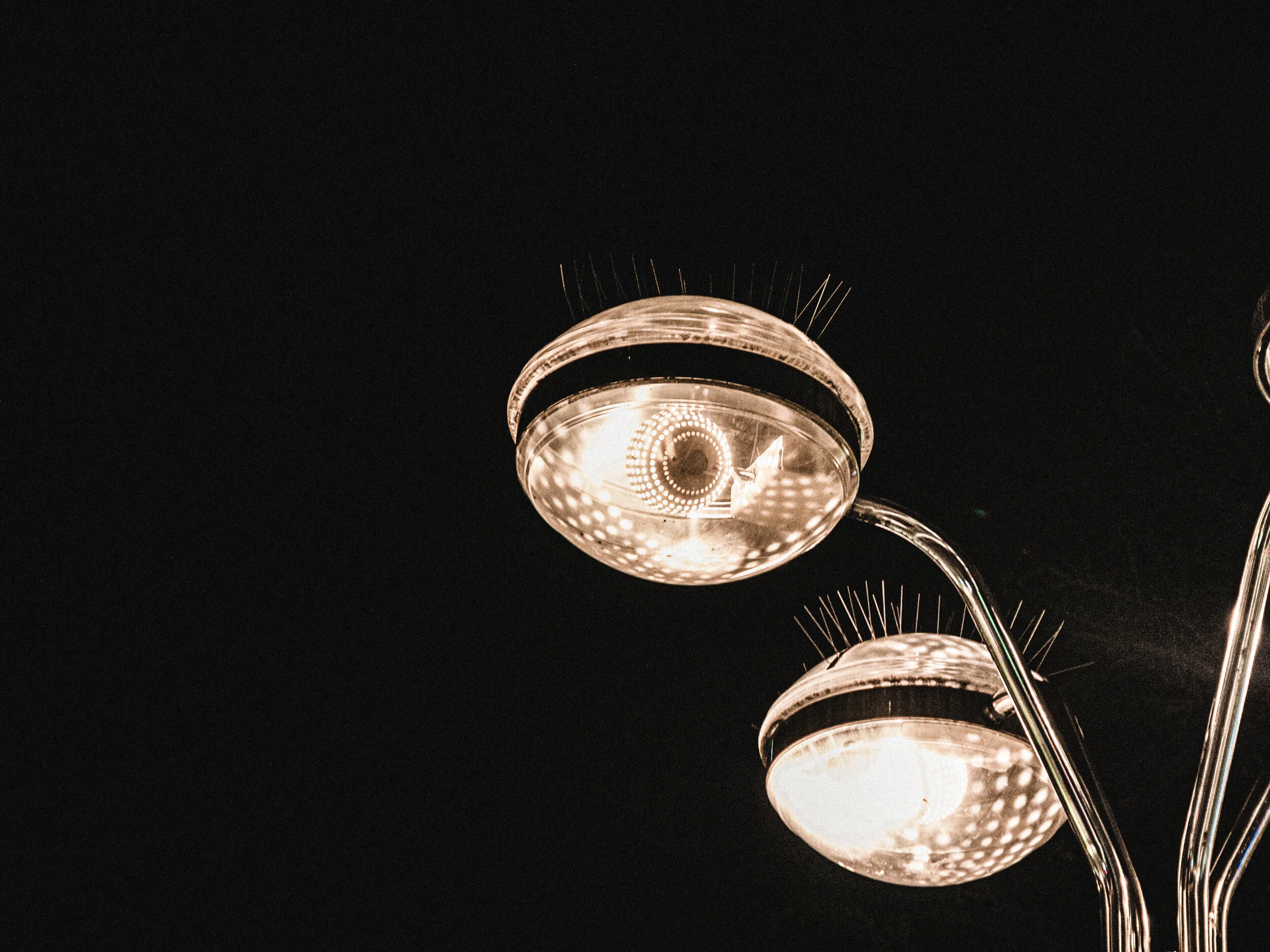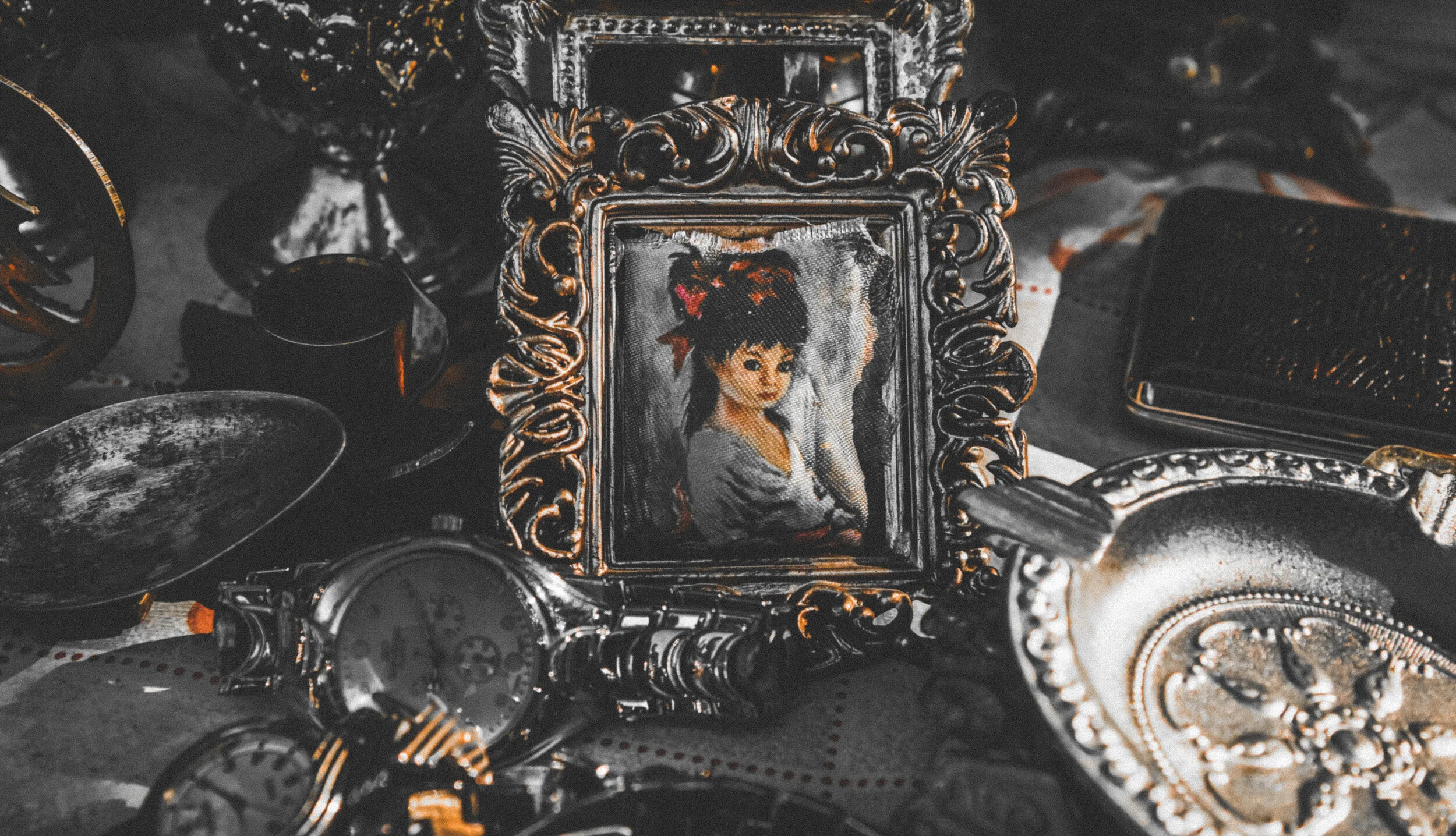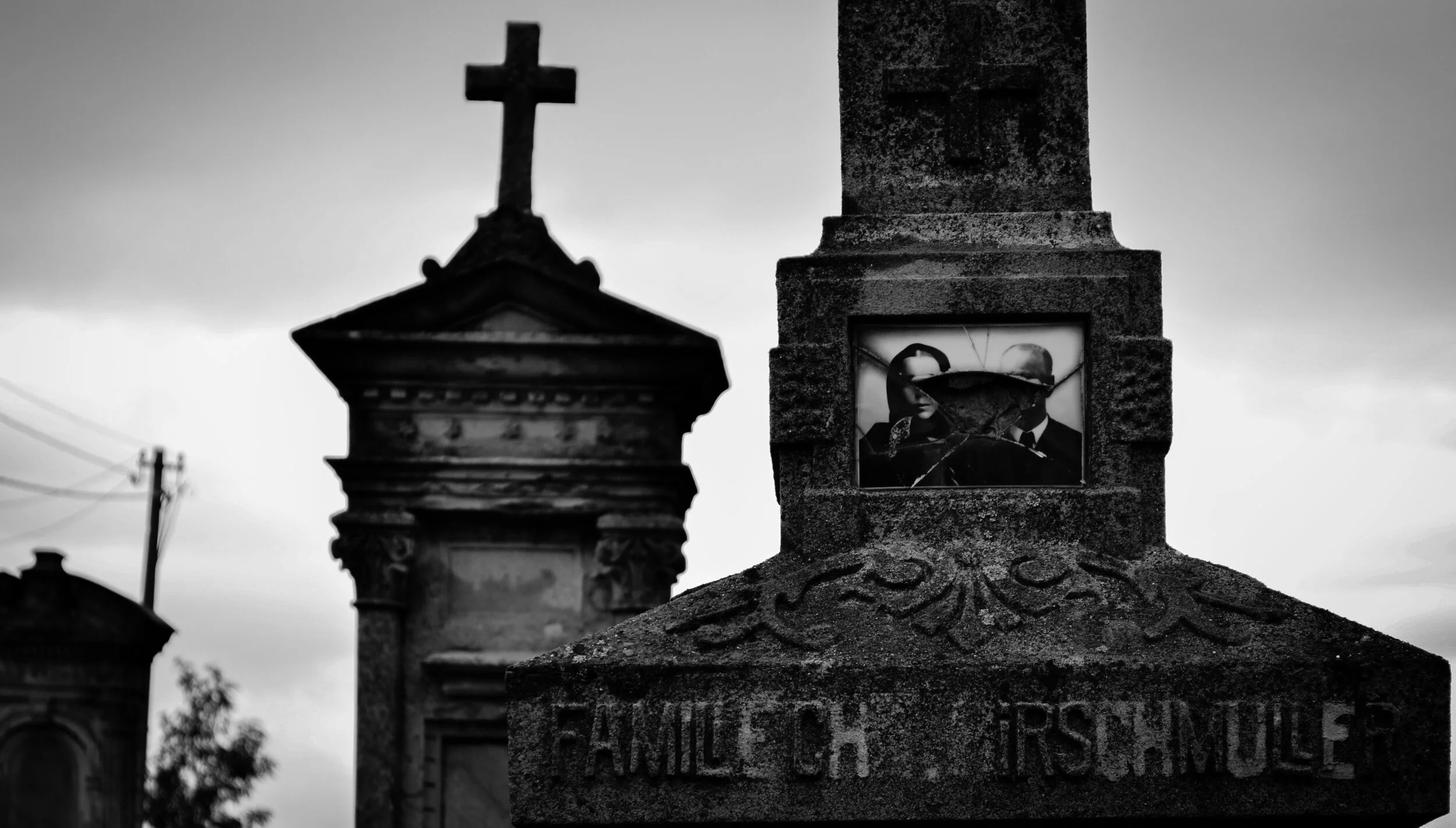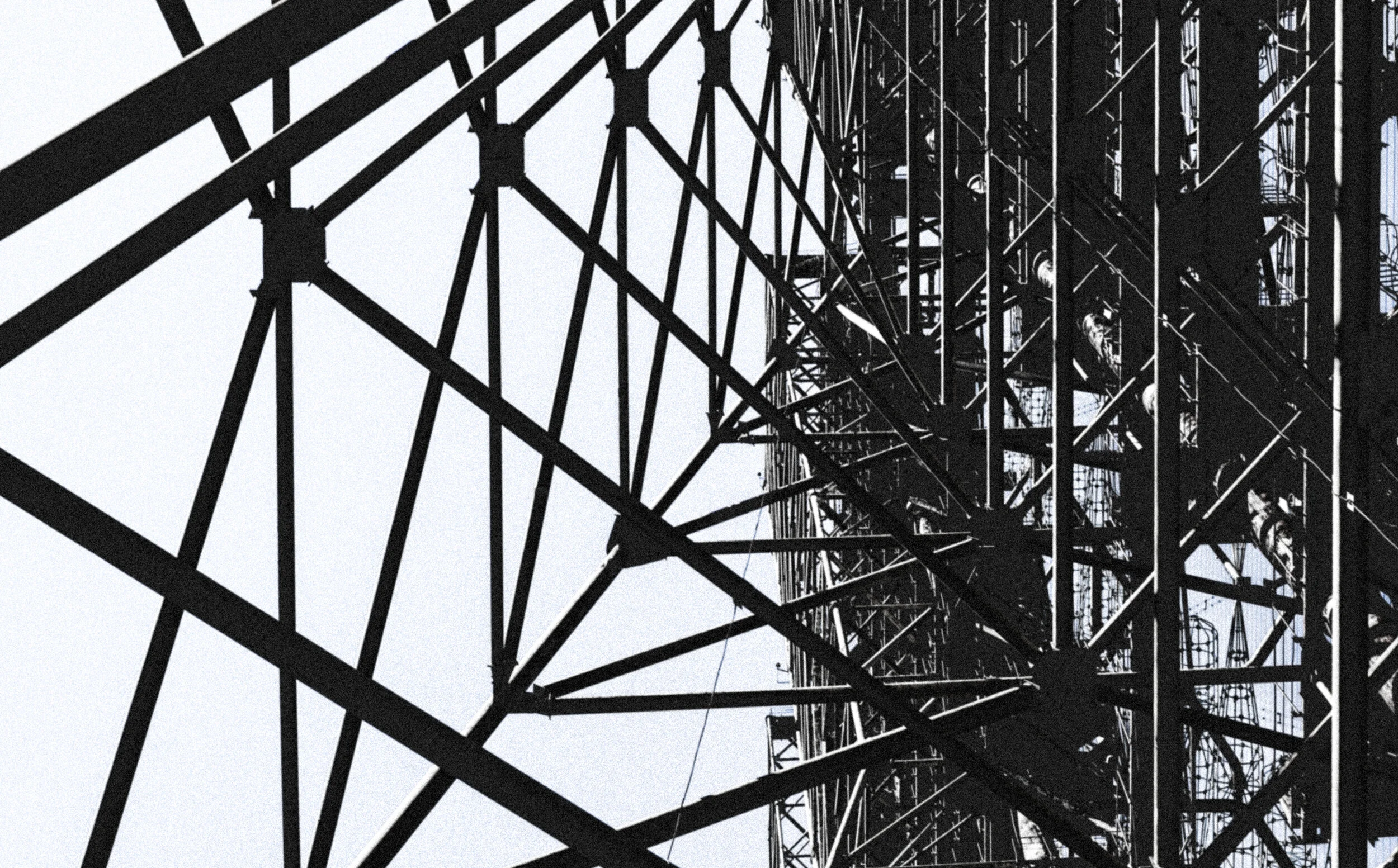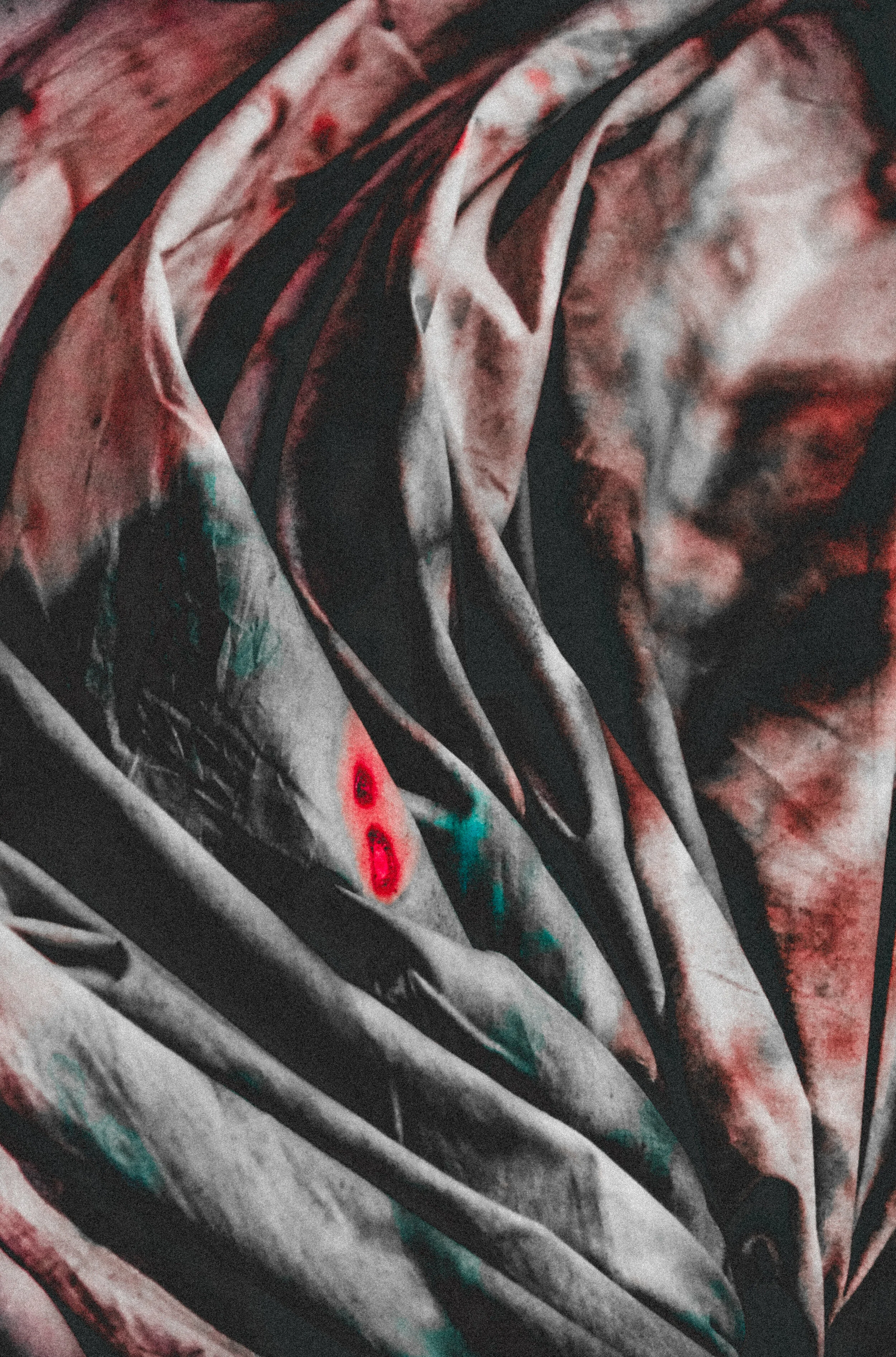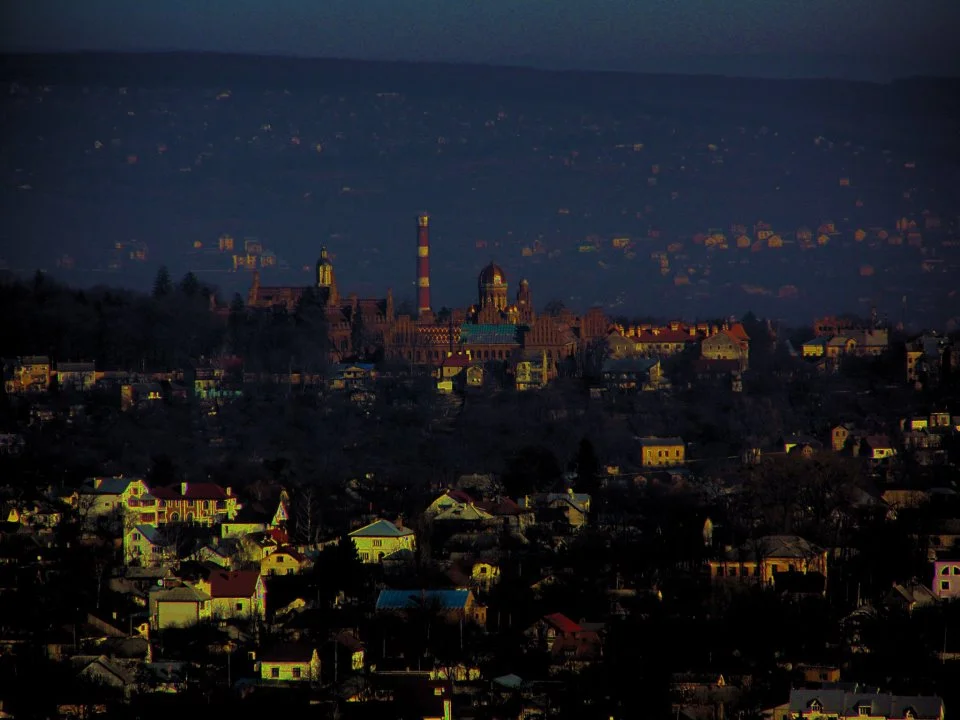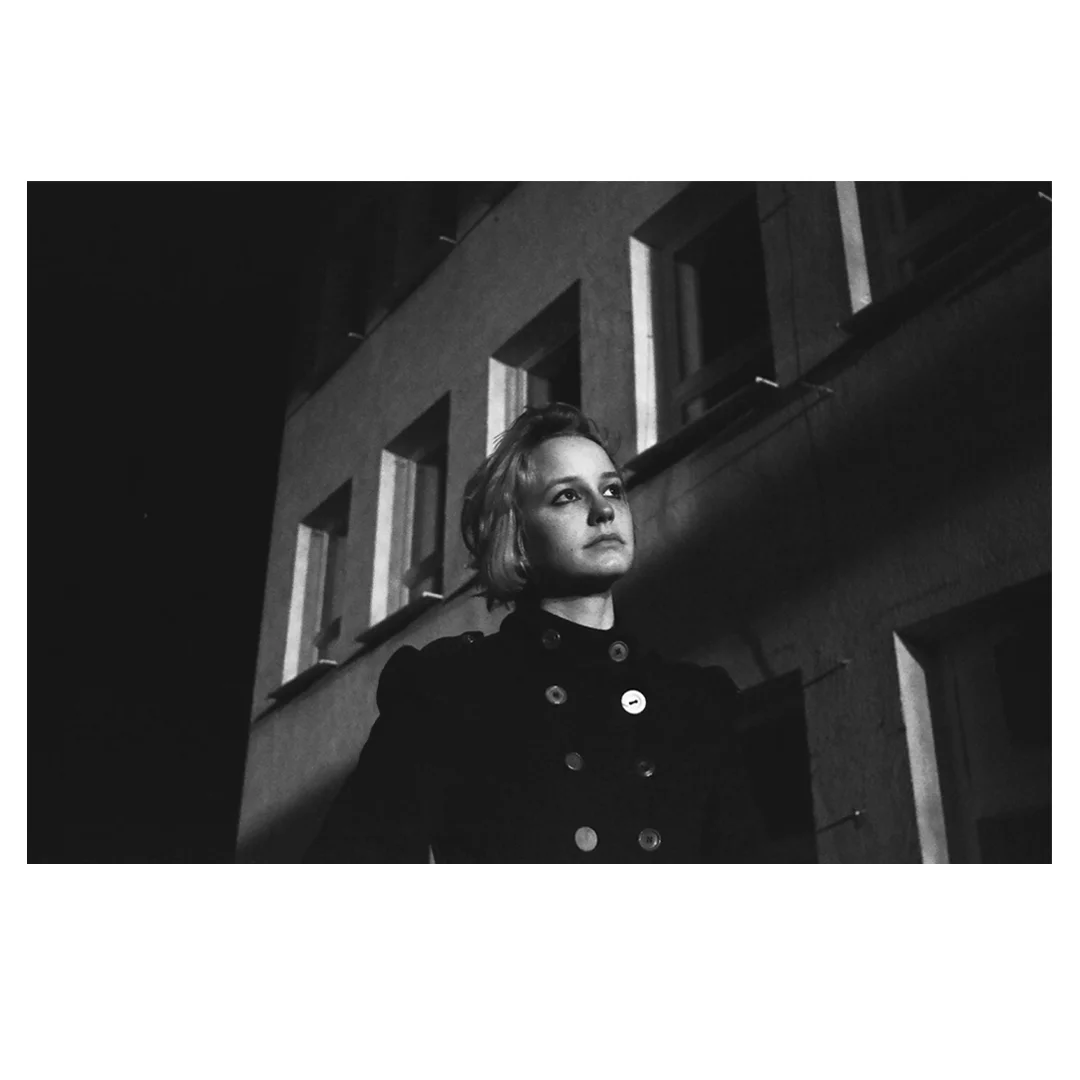Pictures of Galina
by Herb Randall
We arrive at the improbably named village of Krushchevaya Nikitovka, once the home of a nobleman by that name, and now of Olga’s parents. She swears the village takes its name from that seventeenth-century boyar and not the Soviet leader of the 1950s, but I can’t help but wonder.
Read More
A Translator
by Nina Kossman
I looked through old photos, I wrote to archives in Latvia and in Ukraine, and of course, I talked to my parents, but they were already very old and sick by then. That’s why, when, after a long and complicated correspondence, I was sent a manuscript of my great-grandfather’s memoir in German fro Latvia, I did not turn to my father for a translation…
Read More
An excerpt from the novel "In God's Language"
by Olena Stiazhkina
Translated from the Russian by Uilleam Blacker
They did see each other later, after his wife, Varda, had left—and not just in their dreams. Not often, but they saw each other. They would say hello, they would chat. “Here are mine,” she’d say and show him photographs. First in her wallet, later on, her phone. Revazov didn’t show her any photos.
Read More
An excerpt from the novella "Welcome, Nathan! — an Act of Literary Genesis"
by Irina Papancheva
Translated from the Bulgarian by Elitza Kotzeva
It was a lot to take—this very hospital, the terror of the needle inside my arm, all that I have gone through, the removal of the last traces. “Do you have children?” asked the nurse trying to distract me while the other one was inserting the IV into my arm. The wrong question again.
Read More
An excerpt from the novel "The Second One's Also Worth Buying"
by Oleg Sentsov
Translated from the Ukrainian by Ali Kinsella
The morning the aliens attacked us, Jim Harrison was in the bathroom as usual—not because he had an overwhelming physiological need, though Jim himself explained his obscenely long sits on the john as the result of digestive problems.
Read More
Copper Flowers
by Andrea Tompa
Translated from the Hungarian by Jozefina Komporaly
Perhaps she’s no longer the same person who has once left. Could she be different at the level of her cells, too? How much time would her mother’s cells need before this could happen to her? And how about the soul? How much time would the soul require?
Read More
The Night We Were Told Brezhnev Was Dead
by Mikhail Iossel
It was a characteristically damp and cold November morning, the third after the sixty-fifth anniversary of the October Revolution. I was nearing the end of my fourth semiweekly twenty-four hour shift as a security guard at the Roller Coaster Unit of the Krestovsky Island Amusement Sector of the Leningrad Central Park of Culture and Leisure (TsPKiO). At seven-forty, I was still fast asleep on the long and narrow leatherette couch on the second floor of the Amusement Sector’s administration cabin—the uneven, cracked black plastic-coated fabric under me; a stinking, ancient communal goatskin over me; my head propped on the pillowy lump of my rolled-up sweater—when my replacement arrived, twenty minutes ahead of schedule, and started banging on the bolted and latched cabin door downstairs.
Read More
Ice Castles
by Alta Ifland
When the US skating championship started in mid-February, Ben’s presence in our house was so common that we were left alone on the brown suede couch in front of the TV with a huge bowl of popcorn between us, and more than once, when he went home, it was close to midnight. Usually, Mother sat with us until about ten, joining me in my kibitzing.
Read More
An excerpt from the novel "Your Gaze, Cio-Cio-San"
by Andriy Lyubka
Translated from the Ukrainian by Reilly Costigan-Humes and Isaac Stackhouse Wheeler
That December evening, fog had to settle on Uzhhorod, a drunk judge at the wheel of a BMW X5 had to be flying along the slick asphalt of Hrushevskiy Street, staring at his phone—he didn’t notice, didn’t react, didn’t brake—and slam into my wife’s tender, 115-pound body with two tons of black metal, and she had to flutter into the air and land on the ground, already dead, and that damn German airbag simply had to pop out and save the driver, for me, twenty-nine years into my life, to finally have a real purpose.
Read More
Brooklyn, Forty-Second Street
by Vasyl Makhno
Translated from the Ukrainian by Zenia Tompkins
Brooklyn’s Forty-Second Street in Borough Park is unenticing and monotone, as are the rest of the surrounding streets. In the winter, it’s cleaner than in the summer. In the fall, it’s warmer than in the spring. The industrial zones on the shores of New York Harbor—Sunset Park and Green-Wood Cemetery—cling to it like tipsy bridesmaids so that, God forbid, it not give them the slip. It’s intersected—or, more precisely, interrupted—by the Mexican Fifth, the Chinese Eighth, and the Hasidic Thirteenth Avenues, and in one spot the metal structure of the subway that covers all of New Utrecht hangs above it.
Read More
An excerpt from the novel "Cartagena"
by Lena Eltang
Translated from the Russian by Reilly Costigan-Humes and Isaac Stackhouse Wheeler
When I was a little girl, I thought time was like a ball; what we call the past is still happening, concurrently with our present lives. It’s just on the other side of the ball, and if you find the right tunnel, you can descend into times past and take a look at the people who lived them. For me, olive trees were tunnels like that—after all, they live for about two thousand years. It’s nice to think you’re touching the same trunk as one of the Argonauts who landed at Salerno. It’s a real shame my teachers disabused me of that notion; if they hadn’t, I’d be free to think that little Brie was still out there somewhere, walking down his own path.
Read More
Long Distance Death
by Brinda Banerjee
Andre Zachalenko, the apartment complex super, stomped in the front door at number 102, determined to project displeasure at being dragged out on that rainy morning to do his job. He inhaled the aroma of cinnamon, cloves and fried onions in the air. His native Russian cooking smells were vastly different.
Read More
The View from Tsetsyno
by Maxym Dupeshko
Translated from the Ukrainian by Zenia Tompkins
I don’t know what lures me here. I come to this mountain a few times a year as to a place of spiritual pilgrimage, foraging here for air suffused with oxygen atoms and the scent of conifers. Though that’s most likely only part of it. It’s not just the taste of the air, not just the sweet headiness of the beech and fir trees, not just the pleasant height with its distant Bukovynian skyline, but also… But also something impalpable that unfurls through this space and pulsates all around.
Read More
Maria’s Life, or Mario
by Yuri Andrukhovych
Translated from the Ukrainian by Vitaly Chernetsky
In all the years given to him Mario Pongratz committed only one murder. He would only have to face the responsibility for it at the heavenly court, and the details of that closed trial remain unknown—for understandable reasons. As for the earthly court, it was very open indeed and sentenced Mario Pongratz under a completely different article. However, this is not at all the beginning, but rather one of the endings of this story, and it looms somewhere far ahead, sometime in the 1890s.
Read More


